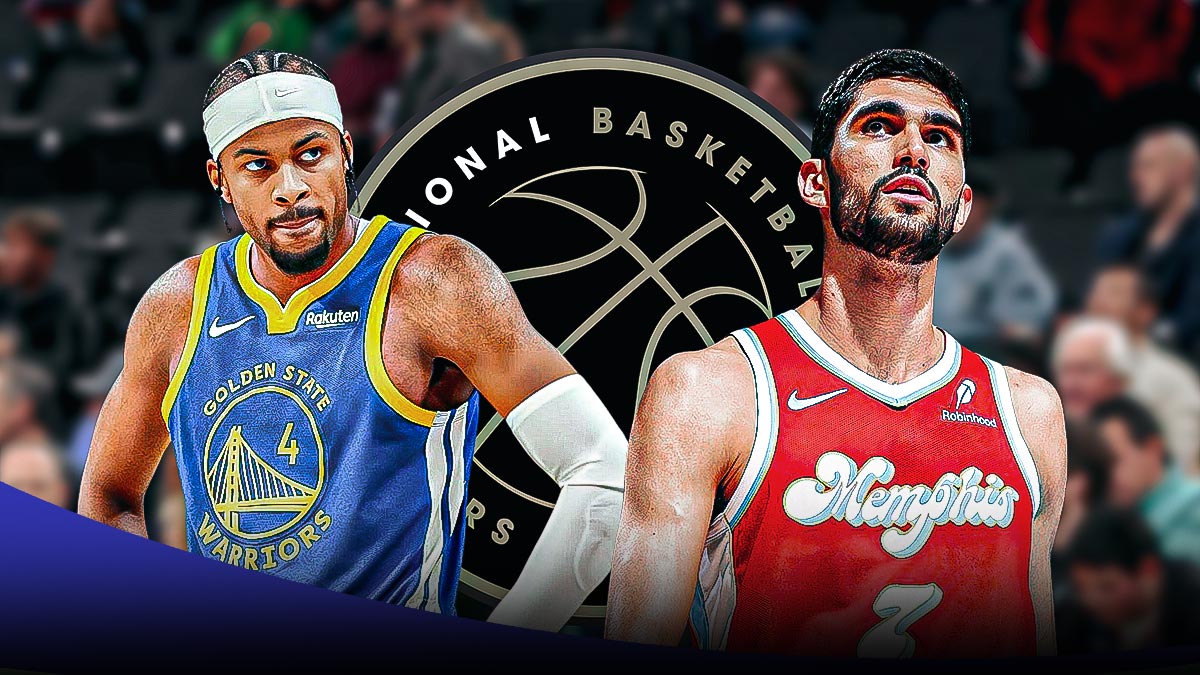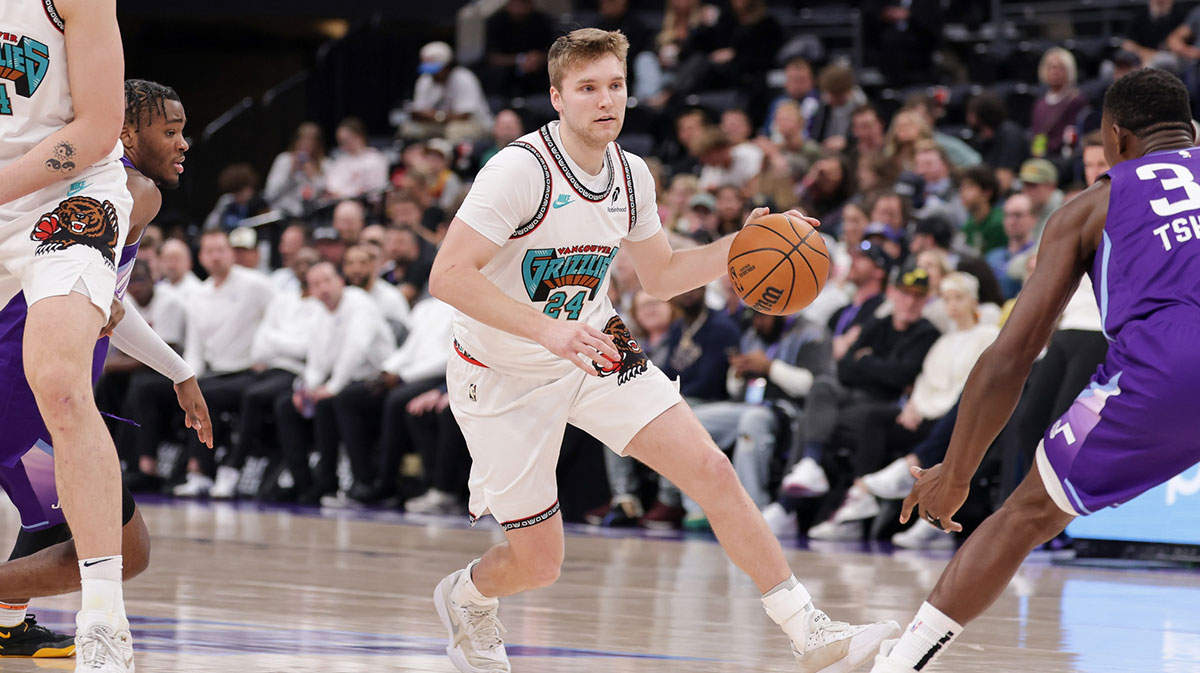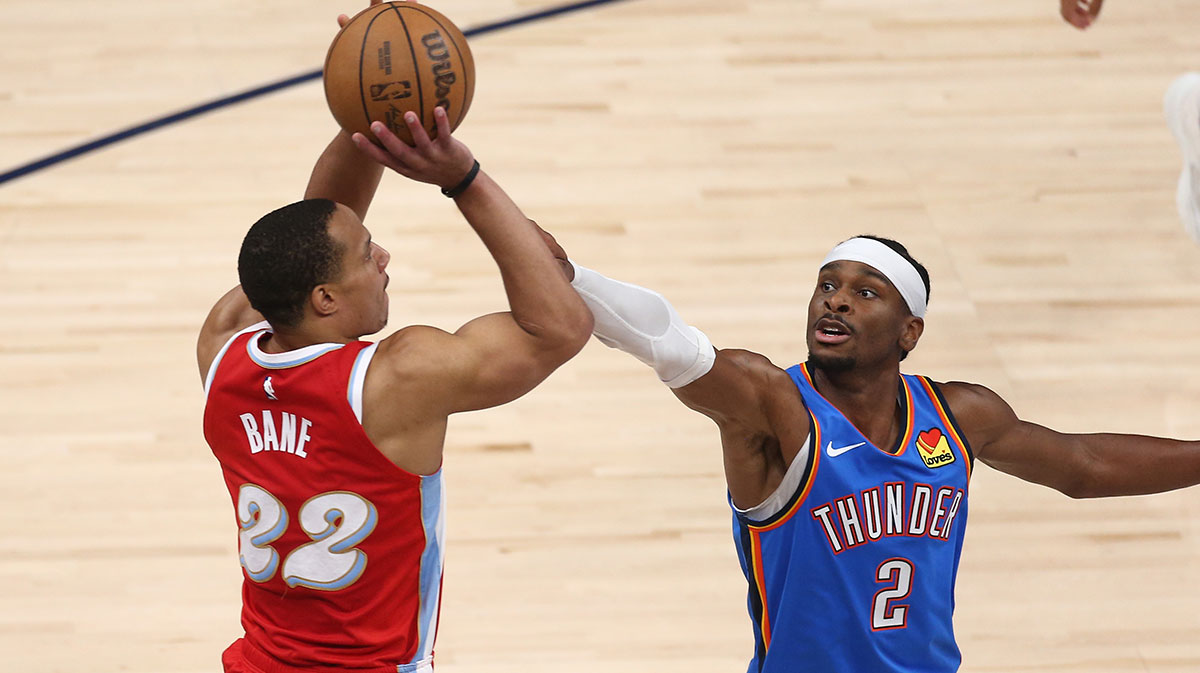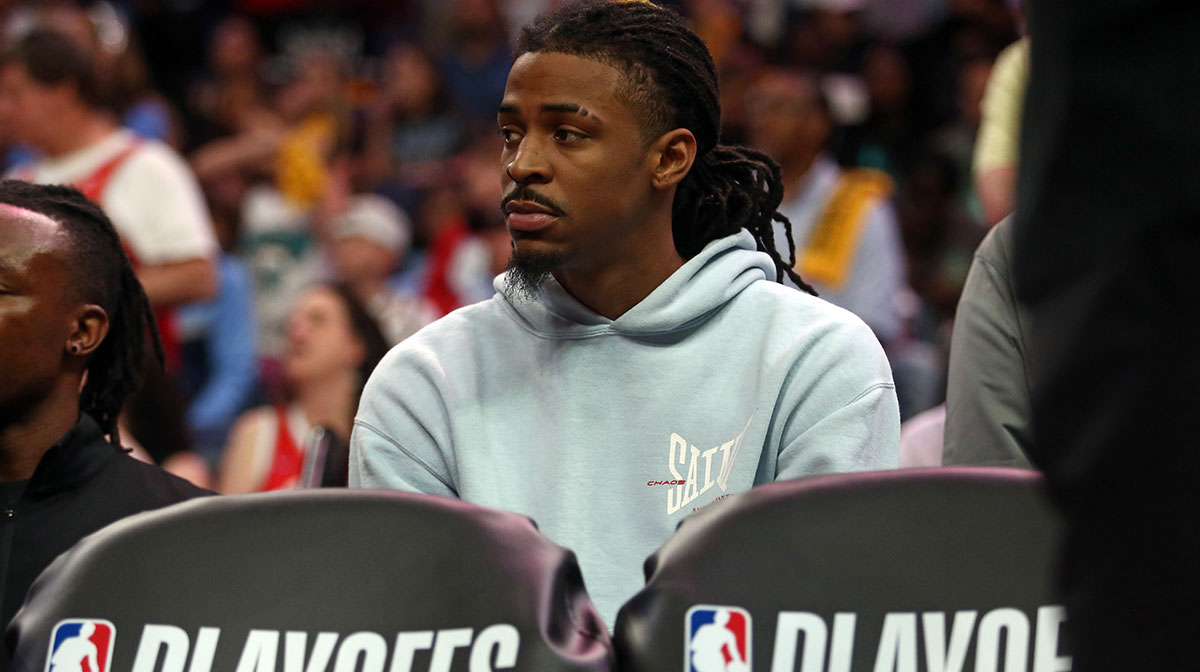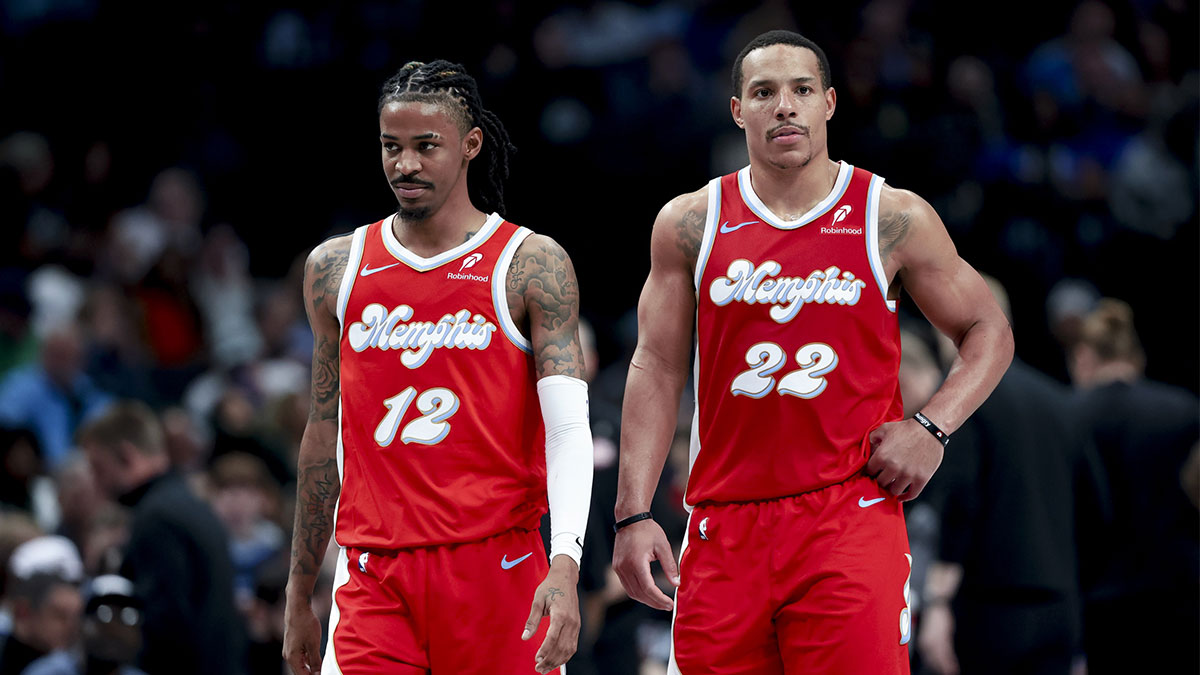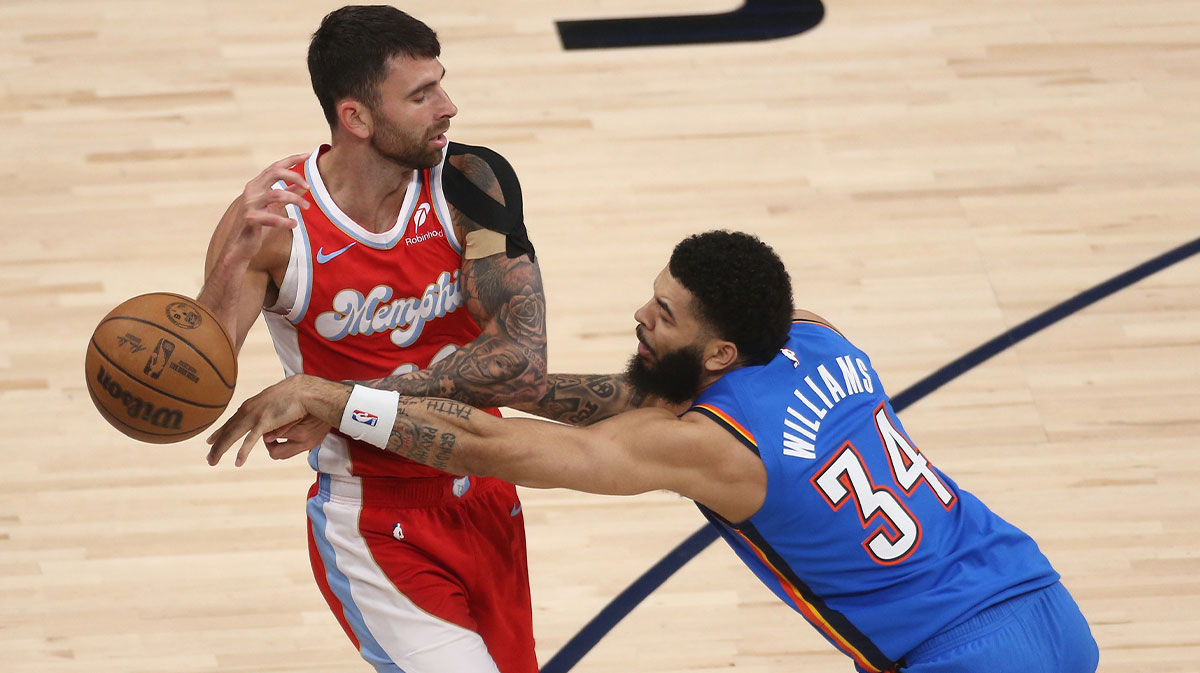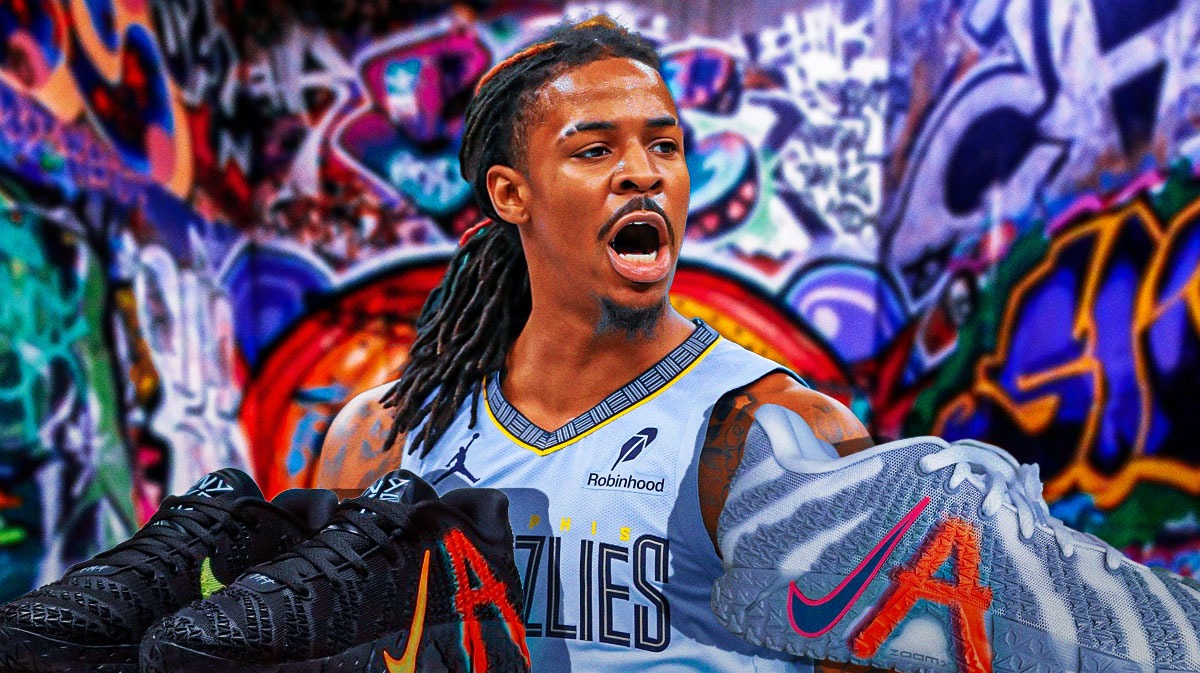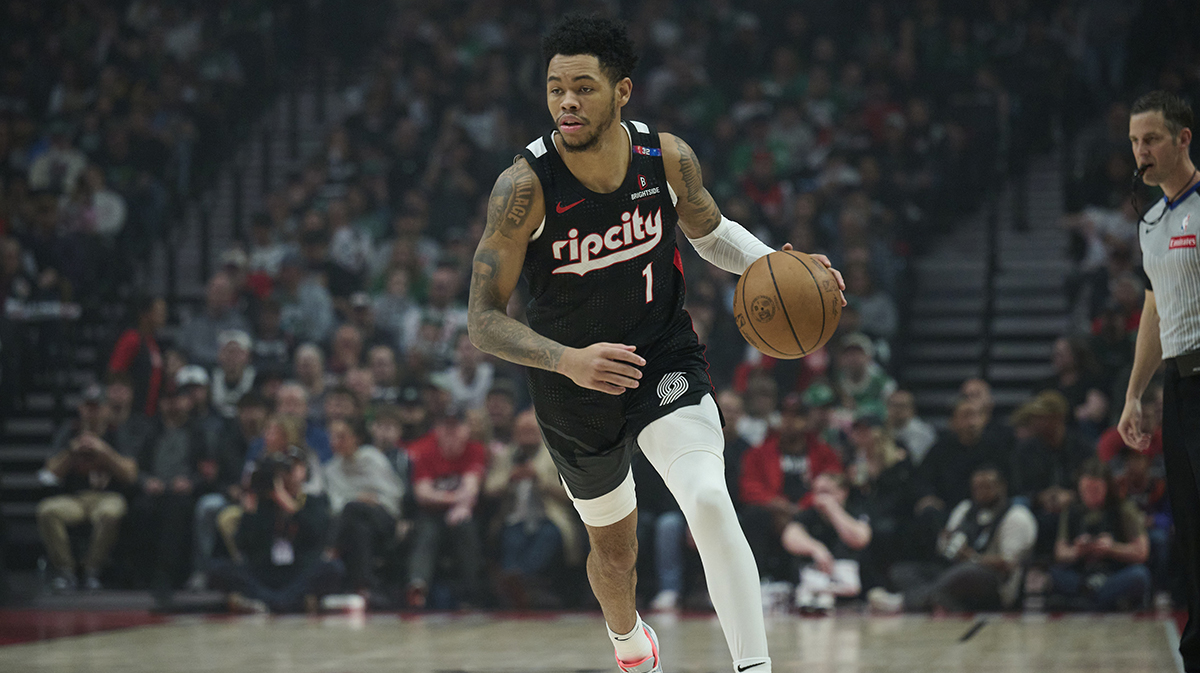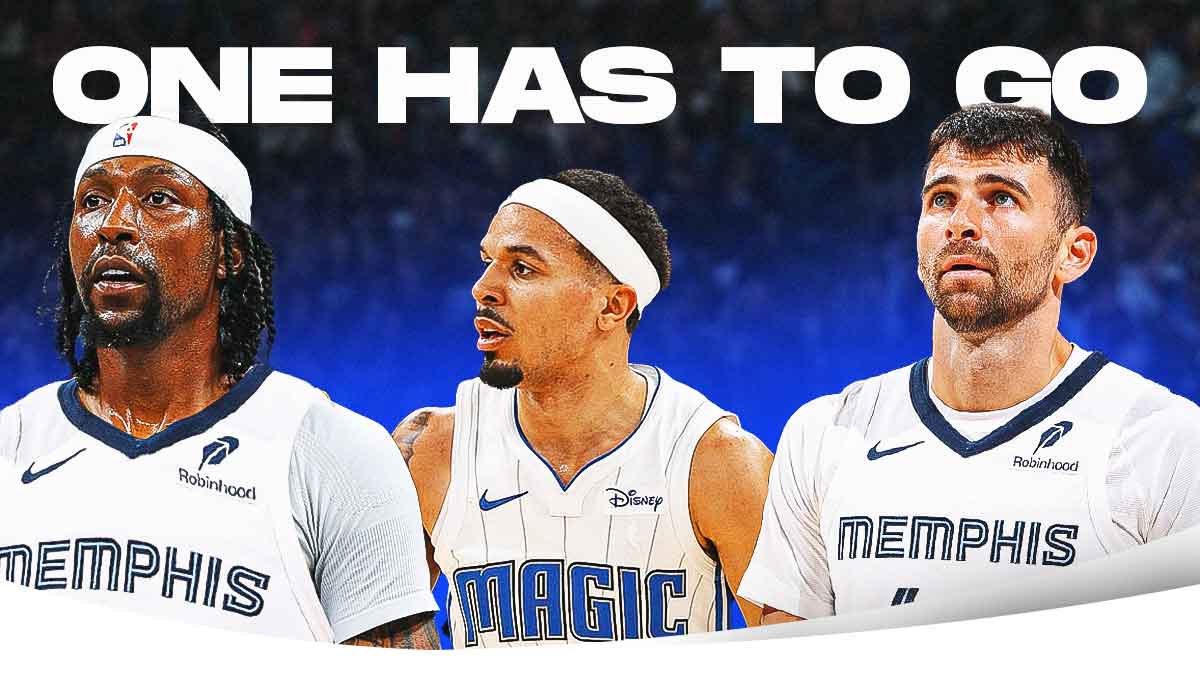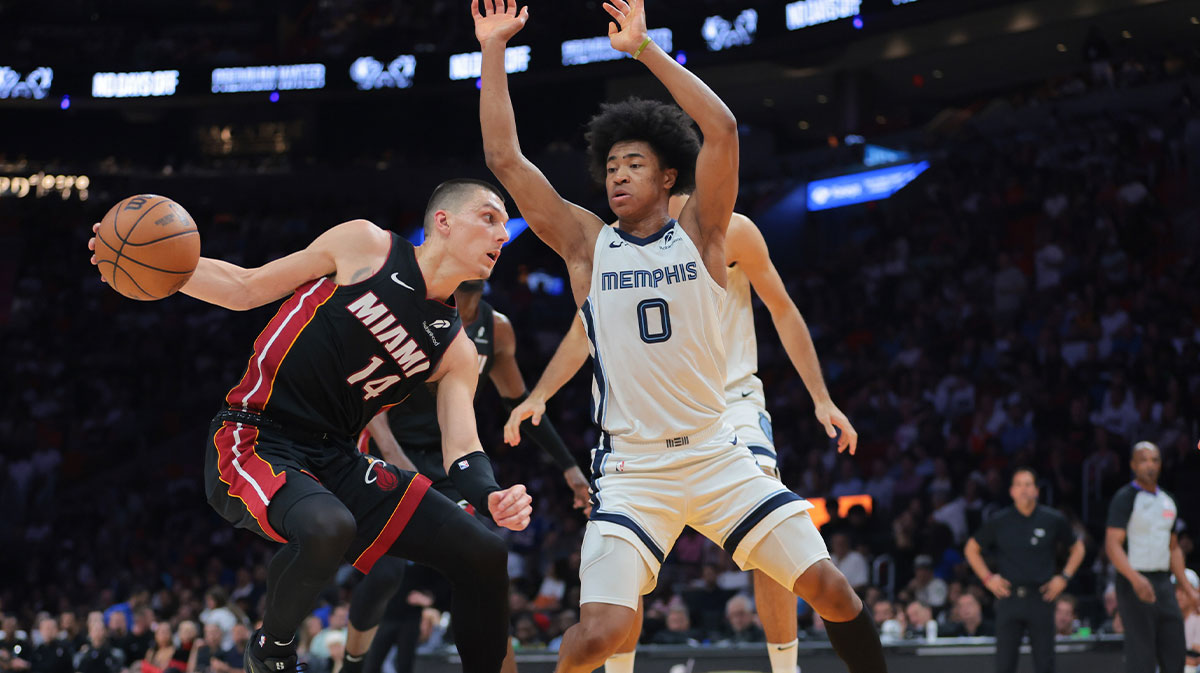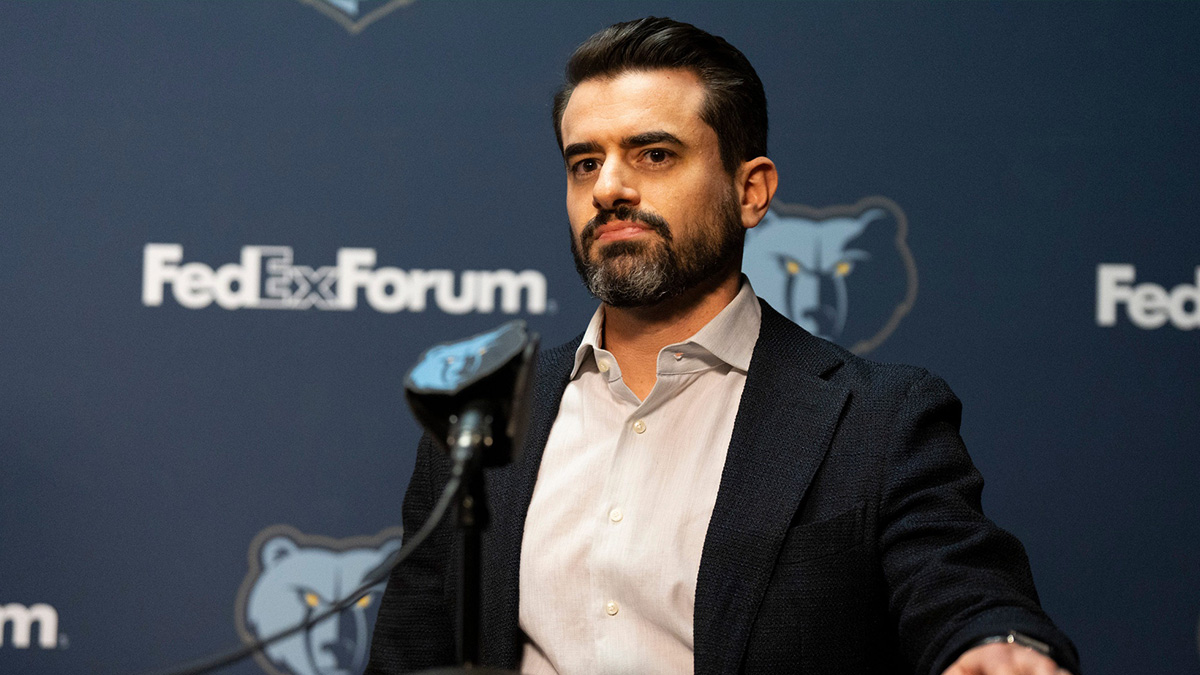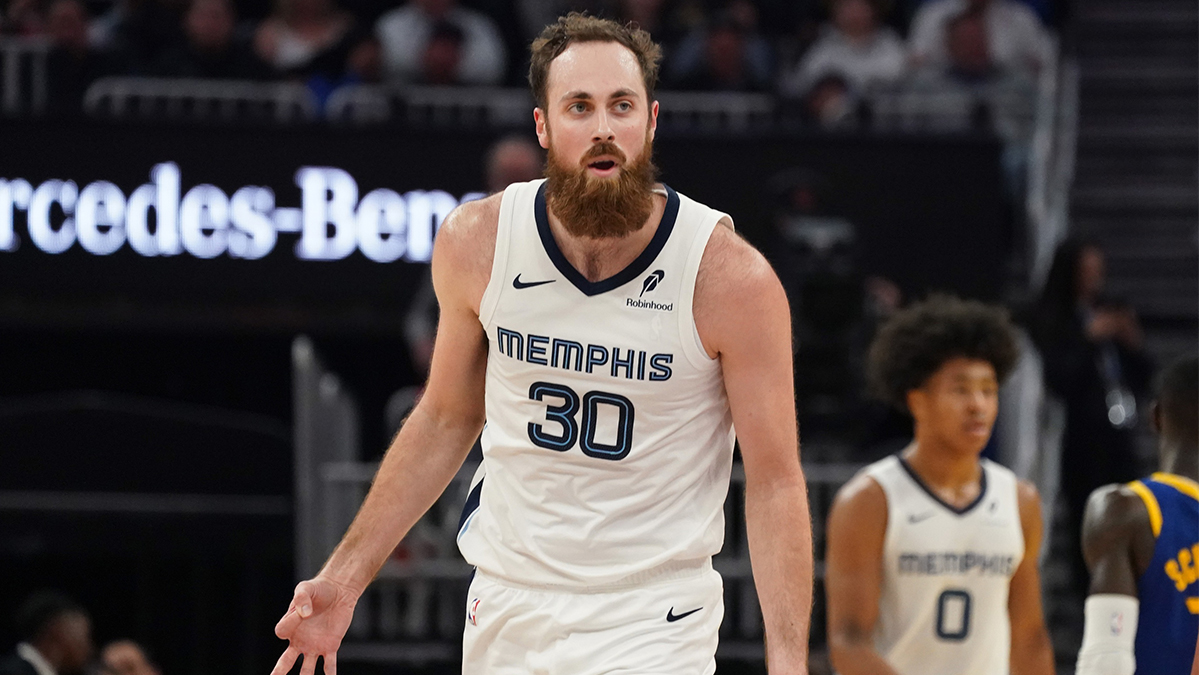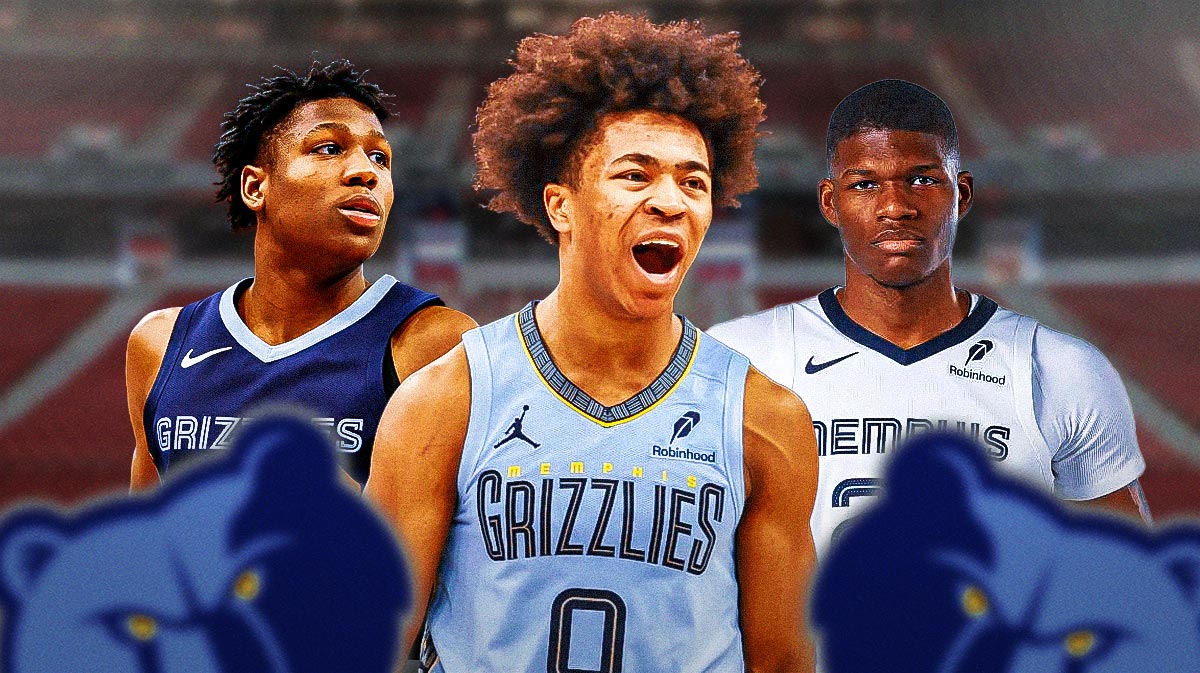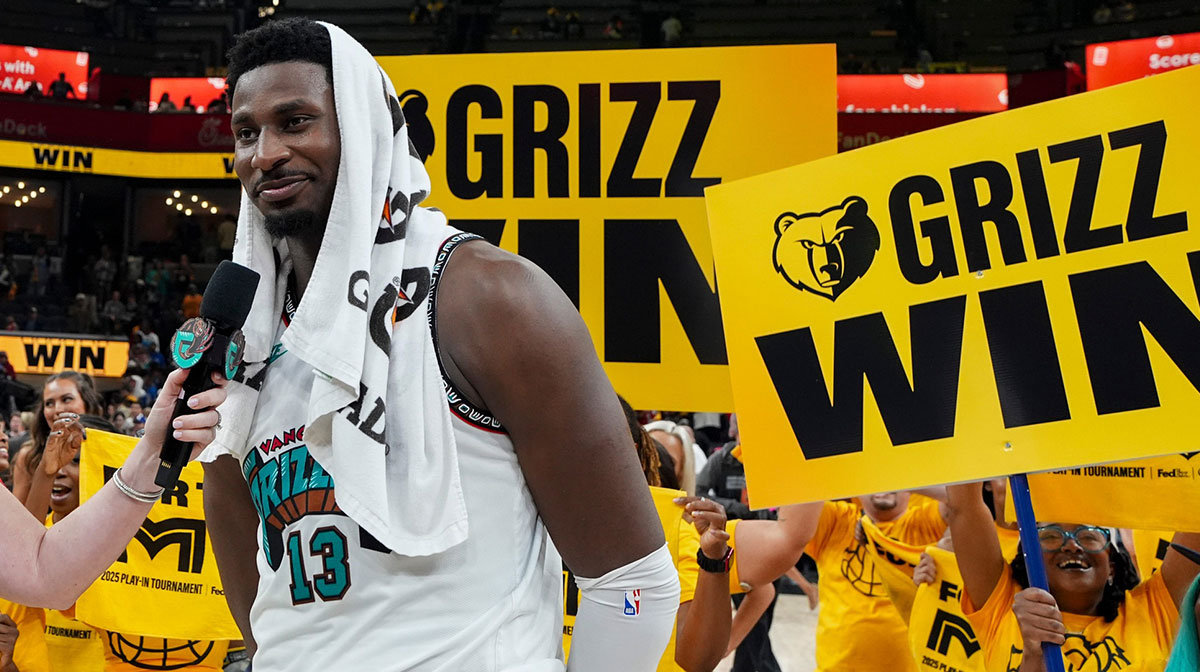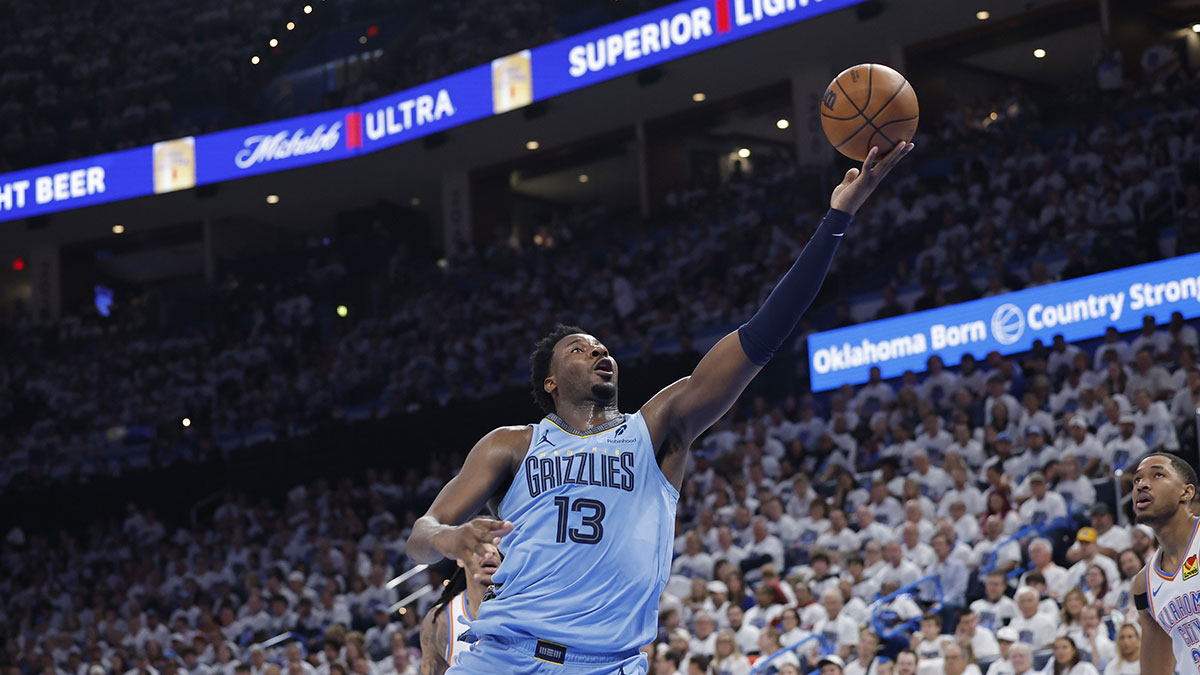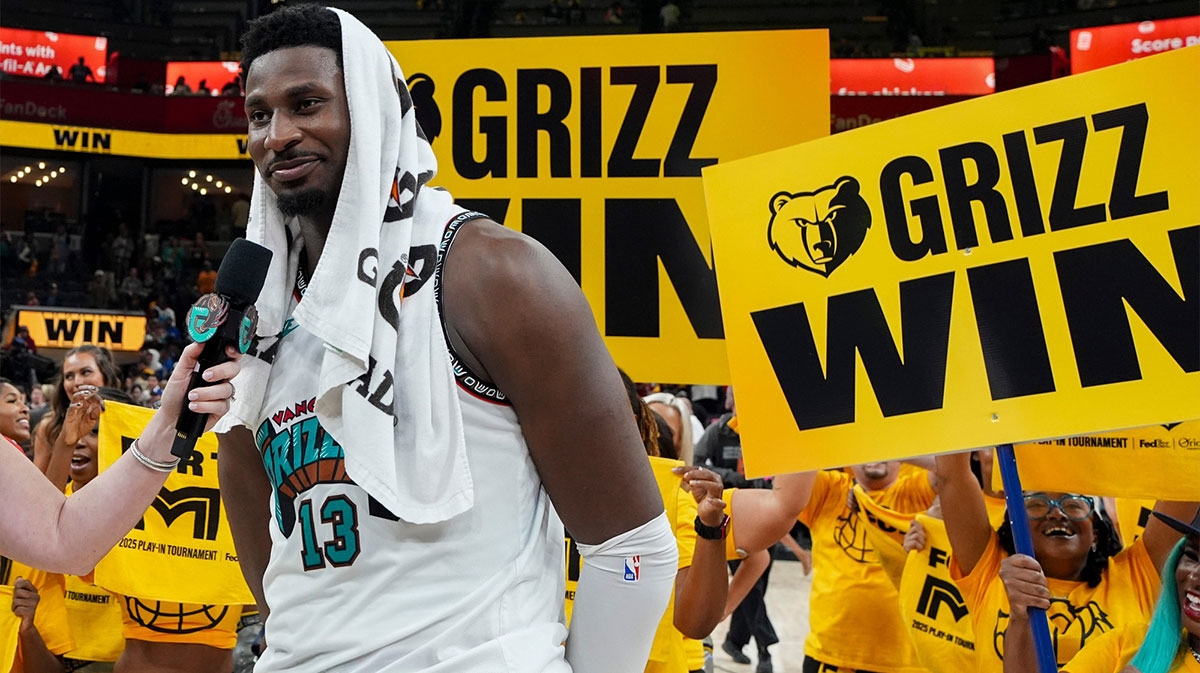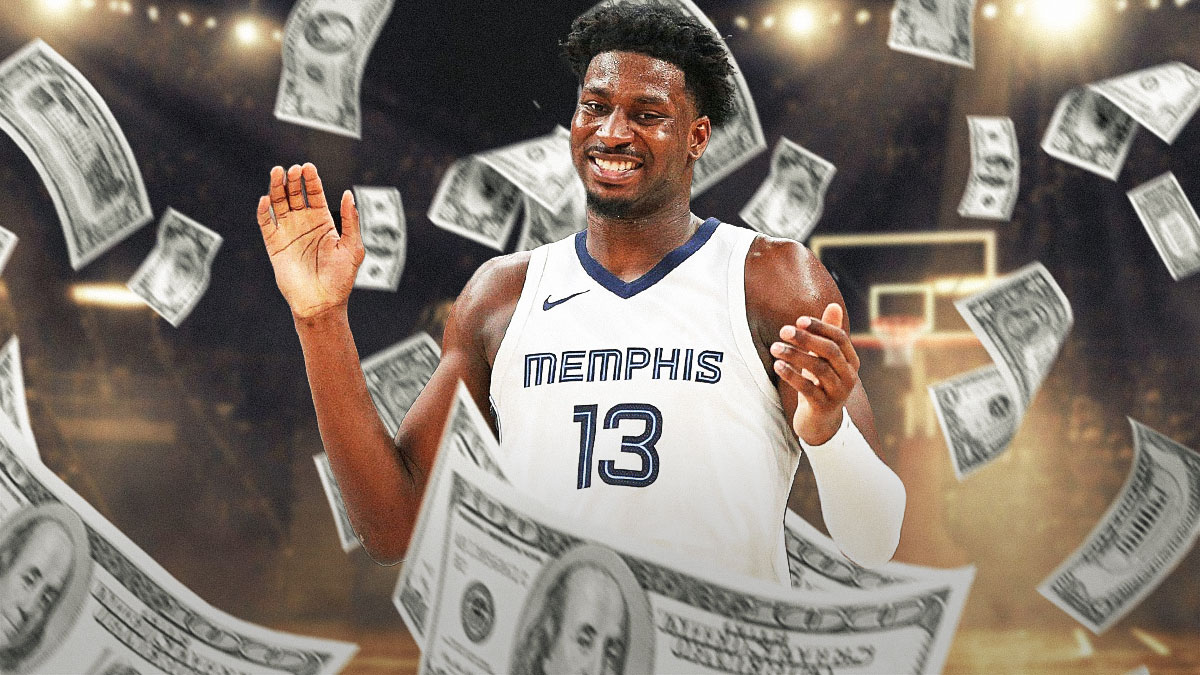Allen Iverson‘s Hall of Fame career was a rollercoaster full of ups and downs. From his meteoric rise as the first overall pick of the fabled 1996 NBA Draft, taking on all comers, to the last three years he spent in three different teams.
He spent 10 memorable seasons in Philadelphia, a city whose grittiness and rugged outer surface resembled Iverson so much — it was a match made in heaven.
He was traded to the Denver Nuggets near the end of 2006, where he played alongside Carmelo Anthony who was growing into stardom. After three seasons, he was traded to Detroit, where he spent the better part of the 2008-2009 season as a Piston.
At the end of that campaign, he was quickly traded to the Memphis Grizzlies where he was asked to play a bench role, which was very short lived. It was so short he only managed to play three games before an infamous rant broke out in the locker room.
“I’ve never been a reserve all my life and I’m not going to start looking at myself as a reserve,” Iverson told Marc J. Spears of The Undefeated.
“If we’re winning, I can play 10 minutes and I’m happy. When we’re losing, that’s when I trip out.”
Iverson had scored 11 points in 18 minutes of playing time and the Grizzlies lost to the Sacramento Kings.
“One Grizzlies player said that the franchise was in a tough place dealing with “a legend versus trying to build Mike’s confidence,” wrote Spears.
“Iverson actually looked good against the Kings and may have eventually taken over (Mike) Conley’s starting position until that loud locker room rant.”
Once he had calmed down, he asked Iverson what was the real reason he was so upset?
“What are my people going to think?” he told Spears.
Iverson was likely referring to his friends and family, that had seen him be the best player in every team he'd been on — from his glory days at Bethel High School, where his records still stand to this day, to his dominance in the NBA.
At 34-years-old, age had started to catch up with the mercurial star, and as tough as it was for him to admit it, his purpose for the Grizzlies was no longer to be the star of the show, but to help the future guards become better players.
Allen Iverson's pride and competitiveness were his greatest virtue and his darkest demise, as he struggled to transition into a new stage of his career like other players have. But his outspoken nature caused his fallout with the Grizzlies, who released him soon after.

